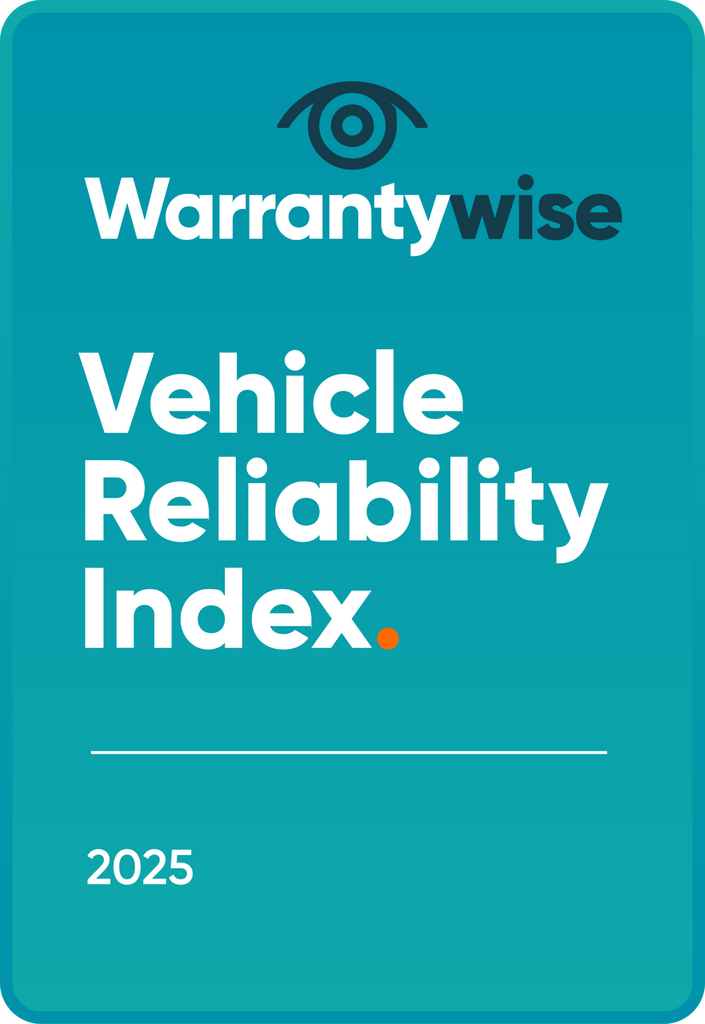
Our latest analysis of long-term EV powertrain reliability attempts to disprove the common misconceptions that used battery-electric vehicles are widely undependable and offer poor longevity.
The research is focused on three of the UK’s most recognisable plug-in models – the Tesla Model S, Nissan Leaf and BMW i3 – and looks at the frequency of repairs, common faults, cost of repair and age at the time of repair. We have also evaluated is the rate of repair and the average cost of repair for similar combustion models.
Key facts at a glance:
- Our Warrantywise Reliability Index data shows that common-held scepticism surrounding EV powertrain durability and longevity is unfounded.
- Both Nissan Leaf and BMW i3 offer similar levels of reliability to their parent brands’ ICE models.
- Our data shows that EV powertrains are robust and reliable over time with only fractional number of EV powertrain repairs required for cars between 3 and 10 years old.
- Nissan Leaf secures Top 10 position in our overall reliability tables.

The intelligently packaged and immensely desirable BMW i3 also scores well in the reliability standings overall. With a respectable repair percentage of 18% against the total number of active EV Car warranties currently held on the model by Warrantywise. Some of the most common repairs being due to issues with the air conditioning system and the car’s electrical systems. BMW’s closest combustion-engined equivalent, the 1-Series, saw a higher 21% repair rate.
Our CEO, Lawrence Whittaker, said:

While the Nissan LEAF and BMW i3 delivered strong results in our Reliability Index, the long-term performance of the Tesla Model S does fall behind that of the more established manufacturers. The first mass-produced EV by the Californian technology giant, 41% of the vehicles required remedial work, however the majority of the recorded repairs centered around electrical faults rather than any major repairs to the electric motors and batteries.
Our latest data shows that used EVs like the Nissan LEAF and BMW i3 are proving more reliable than many petrol and diesel equivalents, with low repair rates and robust powertrains. Even where issues occur, such as with the Tesla Model S, they are typically minor electrical faults rather than costly battery or motor failures. This confirms that second-hand EVs can be a smart, dependable, and future-proof choice for buyers.
Discover more.
Further Warrantywise articles you might find useful

Used electric cars just got more appealing with Warrantywise’s new EV plan.
At Warrantywise, we’ve created our EV warranty to give drivers confidence when buying a used electric vehicle. Our new EV … Continued

Navigating new EV taxes: Keeping electric driving smart and affordable .
Author: Christie Parr From April 2025, electric vehicles in the UK will no longer be exempt from road tax (VED), … Continued

Warrantywise’s guide to electric vehicles – all you need to know.
Do you know your electric vehicles from your combustion engines? If you’re looking to find out more… you’re in the … Continued